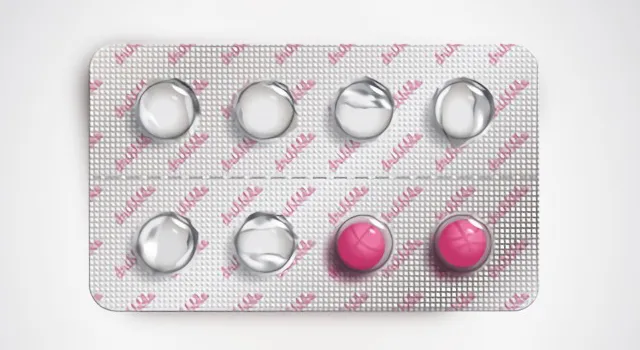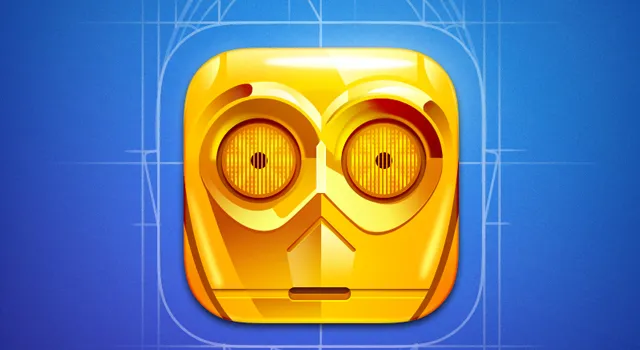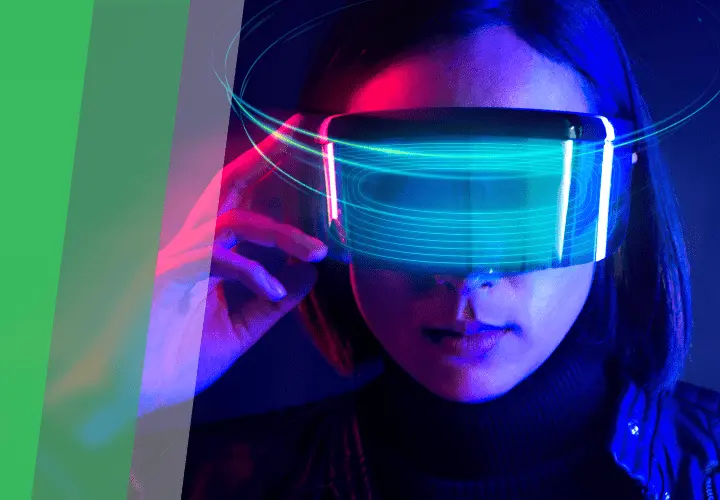Table of contents
It’s not even the end of the month and I’ve counted 83 healthcare-focused startups that raised close to $500M in VC, angel investment, and bank loans. Let’s take a look at some of the brightest ideas in healthcare.
1. Pills that you can take once a month

In April 13, 2017 Lyndra received an additional $23M of a Series A funding to further their development of long-lasting, effective pill capsules for vital drugs. The biotech startup claims that more than a half of all patients struggle to take their prescriptions on schedule. This problem is especially big among older people and those who have to take a lot of drugs simultaneously.
The company claims that less frequent drug schedule – say, once a month or once a week – will greatly improve outcomes and medical costs. We think it will also reduce the risk of overdose – a challenge for senior patients who may forget they have already taken the drug and unintentionally overdose. Advanced age combined with extremely potent pills is a dangerous mix that can lead to medical emergencies and even fatal outcome.
Lyndra works hard on an innovative pill design that would allow the pills to stay inside the patient for weeks slowly releasing an appropriate daily dosage.
So be on the lookout for strangely shaped pills in the future! Lyndra team thinks large star-shaped drugs are the tomorrow. Sounds like fun!
2. Cheap prescription drugs for everyone

Blink Health promises to save up to 95% of your money if you buy your prescription drugs through the service.
Turns out this is not only an enticing message for potential customers who receive the service for free, but also a compelling business model for VCs who made an additional $90M investment during the company’s Series B round April 12, 2017. During the previous year Blink Health successfully received $75M from VC in a Series A round.
Inside the country, an estimated 30 million US citizens have absolutely no health insurance while a lot more have to live with an insurance plan that is unlikely to cover any major health problem. Blink Health hope they can help reduce the financial strain of healthcare with more affordable medication for everyone.
Blink Health works with 57,000 pharmacies across the US and won the attention of both high-profile media giants and regular customers with their straightforward and clear value proposition.
The startup did not go into great detail about how they are going to use new resources but we hope they focus on expanding and growing their network of partners.
3. Saving money on medical bills based on big data analysis

April 4, 2017 a healthcare-focused big data startup Amino managed to raise $25M in a Series C round. The company was founded in 2013 and specializes in matching doctors with patients while providing transparent pricing to their customers.
Much like Blink Health, Amino tries to solve the billing challenge of the US healthcare system but instead of focusing on prescription drugs they match customers with the best-value-for-your-money healthcare provider.
The service builds and analyzes an enormous database of medical bills, insurance claims, and quotes and creates location-based DB for 91 medical procedures across the country. The intake of data was made possible thanks to the Medicare Data Sharing Program aimed at improving transparency in healthcare field.
4. Tissue regeneration using hidden body recovery mechanisms

A promising US-based startup Frequency Therapeutics impressed the investors with their innovative approach to regenerating damaged tissue in the ear. The company received a $32M investment to continue development and launch of their small molecule drug treatment that could potentially mark a new era in medicine.
These dormant cells were the holy grail of many scientific works but until recently researchers had no idea how to activate them and launch the regeneration process. Frequency cracked that puzzle and patented the method for future products.
Their team created this special drug using new findings in progenitor cell activation mechanisms and plans to conquer a large pie of the market. Frequency estimates that up to 360 million people worldwide could benefit from new hearing loss treatment drug and are very optimistic of other uses for this treatment method.
Now we just have to wait and see if this is really the way of the future.
5. No more syringes! Well at least not the ones we are used to

Magnolia Medical Technologies offers hospitals a rather simple and elegant solution that can reduce false positive blood tests from 3% to 0. Inspired by a growing number of early adopters, April 4, 2017 investors transferred $7.25M to this Seattle-based startup.
SteriPath looks like an ordinary syringe but contains a small chamber that will fill first when a nurse takes a blood sample. The chamber locks inside all blood that could become contaminated with bacteria and make a clean blood sample return false positive.
Magnolia claims that the device provides medical centers with $3,500 in avoidable expenses per test, improves outcomes and reduces risk of infection and excessive antibiotics treatment. Available on the market since 2014, SteriPath is already in demand and adoption rates will only grow further hopefully making our hospital stays safer and shorter.
A sneak peek into the future
Safe, affordable, and smart. This is how startups see the healthcare of tomorrow. And I think with the right technology fueled by artificial intelligence and our brightest minds we can hope to make a giant leap into the future.
Published on May 17, 2017





